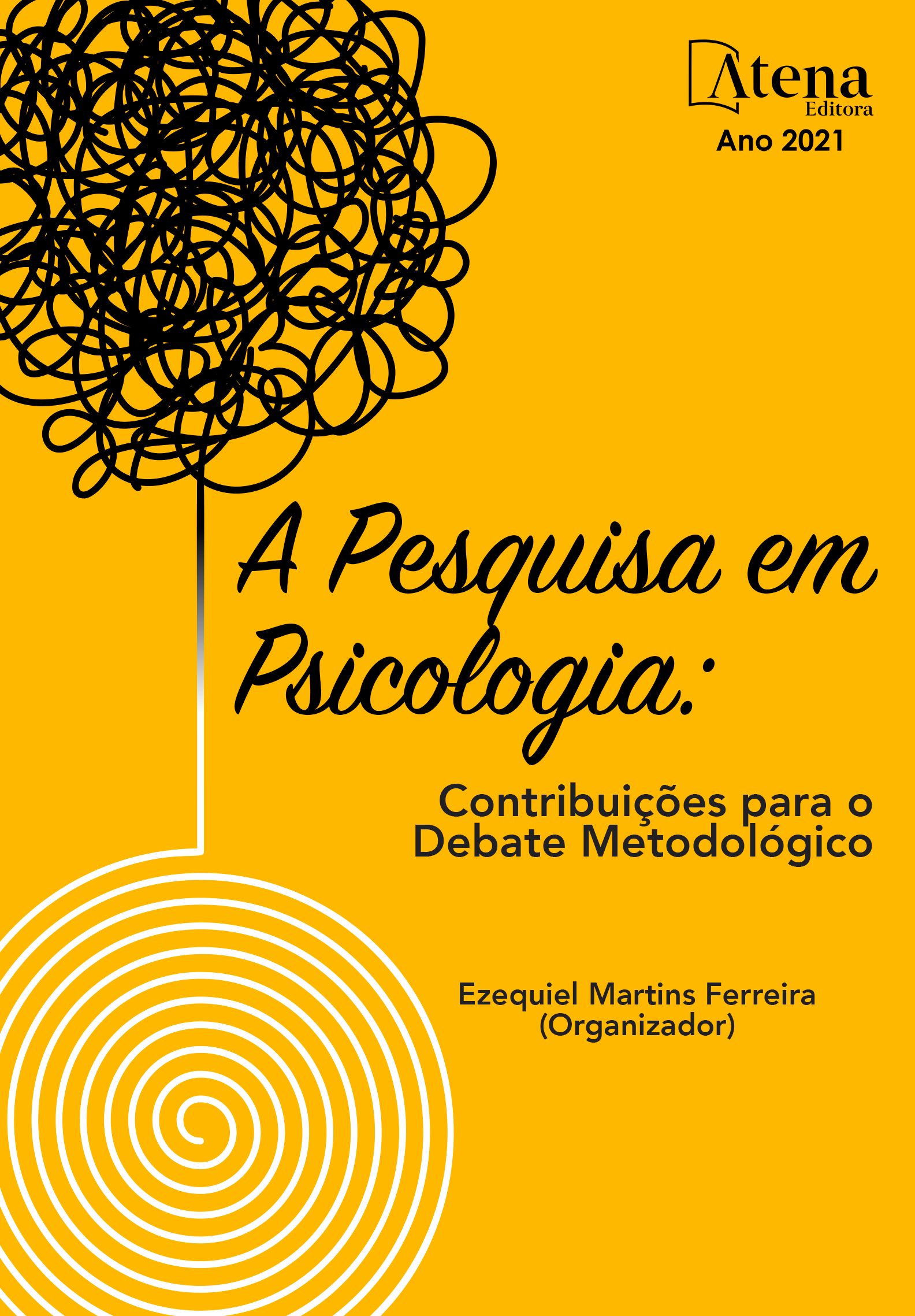
CONTRIBUIÇÕES DA PSICANÁLISE PARA O ATENDIMENTO SOCIOEDUCATIVO: RELATOS DA PRÁTICA
A partir de aspectos da experiência como técnicos de serviços de medidas socioeducativas em meio aberto (SMSE-MA) localizados na zona sul e norte de São Paulo - SP, trazidos na forma de apresentação de construções de casos e manejo de grupos, o presente trabalho pretende discutir possíveis contribuições de operadores da psicanálise (tais como escuta, transferência e desejo) na prática de atendimento aos adolescentes que circulam nos espaços socioeducativos. Apesar de seu reconhecimento majoritário enquanto método clínico, atrelado apenas aos outros saberes psi, o campo conceitual da psicanálise se mostra extremamente profícuo no que diz respeito às potências das práticas de atendimento. Sem excluir a noção de sujeito de direitos e as demandas de ordem social e econômica, tentamos demonstrar ser possível incluir a dimensão do sujeito do inconsciente neste trabalho, diferenciando tais demandas daquela que pode ser direcionada, em atendimento, ao objeto da transferência, seja ele o(a/e) técnico(a/e) de referência ou não. Através de relatos de práticas realizadas no SMSE-MA, abordamos a percepção sobre essa possível situação transferencial (que se diferencia da noção de “vínculo” utilizada nos âmbitos da Assistência Social) a identificação desta modalidade de demanda direcionada ao Outro, assim como as possibilidades de manejo da transferência no contexto socioeducativo. Também buscamos apontar experiências interessantes de sustentação de um não-saber nas propostas de intervenção. Desse modo, entendemos que se abre a possibilidade do trabalho socioeducativo caminhar para além da resolução de questões socioassistenciais e de exigências de âmbito estritamente jurídico-normativo do contexto temporário e excepcional das medidas socioeducativas, incluindo no processo algo da singularidade dos sujeitos que ali se colocam. Noções metodológicas como “associação livre”, “atenção flutuante” e “ato falho” são tensionadas com conceitos como “escuta qualificada”, o modelo de atendimento concentrado na situação “pergunta-resposta” e os meios de participação e protagonismo do adolescente.
CONTRIBUIÇÕES DA PSICANÁLISE PARA O ATENDIMENTO SOCIOEDUCATIVO: RELATOS DA PRÁTICA
-
DOI: 10.22533/at.ed.1692106053
-
Palavras-chave: Psicanálise; Socioeducação; Adolescência; Escuta; Transferência.
-
Keywords: Psychoanalisys; Socioeducational measures; Youth; Listening; Transference
-
Abstract:
Based on aspects of experiences as technicians of socio-educational measures in open environment services (SMSE-MA) located in the south and north of São Paulo - SP, brought in the form of case constructions and group management, the present work intends to discuss possible contributions of psychoanalysis operators (such as listening, transference and desire) in the practice of assisting adolescents who circulate in socio-educational spaces. Despite its major recognition as a clinical method, linked only to other psy knowledge, the conceptual field of psychoanalysis proves to be extremely fruitful regarding the potential in care practices. Without excluding the notion of subject of rights and the demands of social and economic order, we try to demonstrate that it is possible to include the dimension of the subject of the unconscious in this work, distinguishing such demands from the ones that can be directed to the object of the transference, be it the reference technician or not. Through stories of experiences carried out in the SMSE-MA, we approach the perception of this possible transferential situation (which differs from the notion of “bond” used in the scope of Social Assistance), the identification of this type of demand directed to the Other, as well as the possibilities of managing the transference in the socio-educational context. This article also seeks to point out interesting experiences supporting a lack of knowledge in the intervention proposals. As we have seen, we understand a possibility of socio-educational work opens up beyond the resolution of socio-assistance issues and requirements of a strictly legal-normative scope on the temporary and exceptional context of socio-educational measures, including something of the uniqueness of the subjects who place themselves there. Methodological notions such as “free association”, “floating attention” and “flawed act” are strained with concepts such as “qualified listening”, “question-answer” focused models and the means of participation and protagonism of the adolescent.
-
Número de páginas: 15
- Gabriel Monteiro da Fonseca Leal Maia
- Izabela dos Santos de Oliveira
- Yliah Cavalcanti Sardinha


